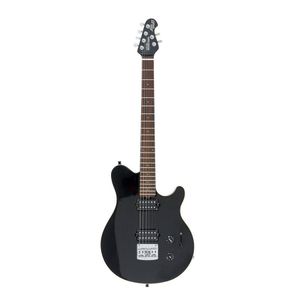Georgian Silver Punch Ladles, 1740-1800
You must be a subscriber, and be logged in to view price and dealer details.
Subscribe Now to view actual auction price for this item
When you subscribe, you have the option of setting the currency in which to display prices to $Au, $US, $NZ or Stg.
- Crimped - A wavy effect on the the rims or lips of glass or silver vessels. Crimping was frequently used on brightly coloured Victorian glass.
- Sterling Silver - Sterling silver is a mixture of 92.5% pure silver and 7.5% of another metal, usually copper. Fine silver is 99.9% pure silver, and is relatively soft and the addition of the very small amount of copper gives the metal enough strength and hardness to be worked into jewellery, decorative and household objects.
- Georgian - As an English stylistic period, Georgian is usually taken to cover the period from George I (1714) to the Regency of Prince George (1811-20), although the period from 1800 to 1830 is sometimes designated as the Regency period. During the Georgian period the great English cabinetmakers and designers such as Chippendale, Hepplewhite, Adam Sheraton etc., were all active.
Therefore there isn't a single 'Georgian style' as such and to say something is 'Georgian', usually means it was made between 1714 and 1830. This assumes we discount George V and George VI, both being from the 20th century.
The styles popular at the time of each reign were:
George I (1714-1727) saw out the last years of the Baroque period.
George II (1727-1760) reigned during the Rococo period.
George III (1760-1820) saw the last gasp of the Rococo, all of the early Neo-Classic 'Adam style' and most of the later neo-Classic 'Regency style'.
George IV (Prince Regent 1820-1830)encompassed the last of the 'Regency' style.
William IV's reign (1830-1837) was something of a no man's land (stylistically) and he wasn't a 'George' anyway. He covered the last glimmerings of 'Regency' and the start of the 'Victorian' style.
This item has been included into following indexes:
Visually similar items

An Ernie Ball Music Man Axis Super Sport electric guitar, 2006, American made, serial number 631711, bound high gloss black finish over a basswood body, Rock Maple neck with Indian Rosewood fingerboard, twenty two medium-jumbo frets, compensated Tusq nut,

Victorian mahogany elevated bookcase a bookcase with 2 glazed doors above a single drawer and 2 door cabinet, 104 cm wide, 39 cm deep, 198c high

A long sleeve dress by Gucci, styled in black viscose with silver metal horsebit detail to waist, labelled size Xxs

Portrait of man, oil on canvas, signed upper left 'Martin Stach 1974', approx 59 cm x 41 cm
